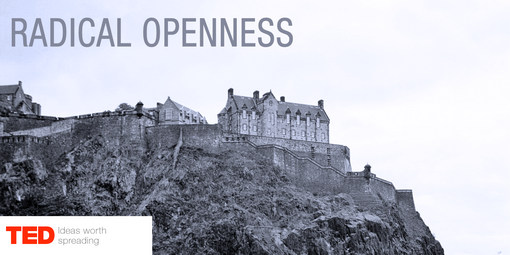DUBAI: Turkey’s tough response to Israel’s raid on a Gaza-bound aid flotilla has cemented its popularity among Arabs, frustrated with their governments’ inability to face up to Israel, analysts say.
Demonstrators in most Arab cities, who rushed to the streets this week to protest the deadly attack, carried Turkish flags while posters of Turkish Prime Minister Recep Tayyip Erdogan flew high.
"The growing involvement of Turkey and its engagement in favor of the Palestinians, as well as the uncompromising positions of Erdogan, have led the Arab street to consider him like a new (Gamal Abdel) Nasser," said Michel Nawfal, referring to the late Egyptian president and pan-Arab legend.
"Turkey is no longer considered the Trojan horse of the West in the region," said Nawfal, who authored a book titled "The Return of Turkey to the Orient."
Turkey was the first Muslim country to establish diplomatic relations with Israel, and the two countries signed a military cooperation accord in 1996.
But their relations have deteriorated relentlessly since Israel launched a 22-day military offensive on Gaza in December 2008.
Erdogan, whose conservative government in the secular Muslim country has strengthened ties with the Arab world, launched a tirade against Israel after Monday’s raid, which he called a "bloody massacre."
Eight Turks and a US national of Turkish origin were killed in the raid on a Turkish ferry that was part of the flotilla. Many of the 45 people wounded were also Turks.
On Wednesday, the Turkish parliament unanimously demanded that the government review all political, economic and military ties with Israel.
A day earlier, in an extraordinary session of the Kuwaiti parliament, the majority of deputies hailed what was called "the heroic stance of Ankara."
And Palestinian President Mahmud Abbas was interrupted by a long round of applause during a speech when he mentioned Turkey’s role.
"This new role for Turkey," heir to the Ottoman Empire which ruled most of the Arab world for centuries until its defeat in World War I, "compensates for the weakness of Arab regimes," argued Nawfal.
"It also represents at the same time a positive equivalent to Iran’s" role in the region, he added.
Analyst Abdul Wahab Badrakhan said, "Turkey’s policies in the region represent now a lifeline for the Arab street, as opposed to the weakness of Arab regimes with regard to Israel."
"Turkey came to fill an important gap, because the role of Egypt (in confronting Israel) does not exist, while that of Saudi Arabia is limited and Syria cannot act on its own," he said referring to the three Arab heavyweights.
Erdogan’s popularity in the Arab world took a strong boost last year as he stormed out of a debate at the World Economic Forum, accusing the Jewish state of "barbarian" acts in Gaza.
The fact that Turkey is a Sunni Muslim country gives it a preference over Shia Iran in the majority-Sunni Arab world.
"The popularity of Turkey could have gone to Iran," which champions the Palestinian conflict with Israel, "but the Sunni-Shia conflict does not allow that," Badrakhan said.
Abdul Bari Attwan, editor-in-chief of London-based Al-Quds Al-Arabi daily, agreed that Turkey is more acceptable than Iran "because the Turks are Sunnis and are not in direct confrontation with the West like Iran," which has locked horns with the international community over its nuclear program.
"Turkey has realized that the Palestinian issue is the best gateway to play an important role in the Arab world," he said.
Turkey presents to Muslim Arabs, who are "tired of being branded as terrorists, an economic and democratic model of moderate Islam," he said.
"For the first time, Arabs put aside their (Arab) nationalism in favor of pan-Islamism," he added.
.



